I said in the First Impressions post for Hikaru ga Shinda Natsu that it had legit AotY potential. This was after having noted in the season preview that “it’s the production itself that will determine whether the anime is exceptional.” At this point I think it’s pretty safe to say “yes” all around. This series will be a factor for AotY, and the production is a big reason why. As much as I like the manga, at the very least the anime is on the same level – it’s not underselling. And it’s probably even enhancing a bit, given stuff like the Godly sound design and directorial touches like having Umeda Shuiichirou and Kobayashi Chiaki singing the chorus contest song as the ED after their characters played hooky and skipped the class performance of it.
There’s a deeper message in that of course. Hikaru and Yoshiki are a universe of two, separate from everyone else. Isolated for their own reasons, which is itself redolent with symbolism. But it’s also great strictly as an artistic choice. After the events that played out in the episode it satisfies in a very profound way – it feels right. And it reflects that Hikar2 strongly desires to fit in, to belong – he regrets skipping out on the day in a way Yoshiki doesn’t. This is a key difference between them – Hikaru yearns to belong in this town, and Yoshiki resolutely doesn’t.
At this point it’s safe to say that the ultimate standing for Hikaru relies on Mokumokuren, the mangaka. The anime isn’t going to screw it up and it’s g0ing to get a full adaptation (though not for a while, as there are three manga volumes still to come). It’s obvious from the pacing that this was decided in advance, but either way the huge boost to already strong manga sales figures would have ensured it. If they get the ending right (and knowing the series length in advance may be a good sign) that will cement the series’ status.
While a sizable minority of the fanbase idiotically bickers over whether this is BL (this has been an issue since the beginning, to the point where Mokumokuren has felt the need to defend not being explicit about it), overall the series is being recognized for what it is – a pretty brilliant coming of age tale and chronicle of adolescent isolation, rage, and self-loathing. One thing I find quite intriguing here is that the anime inserted an original sequence with Hikaru’s father (a logger) and a young apprentice working in the mountains. During this encounter Toshinori notes that he barely talks to his son.
I don’t want to wade too deeply into that at this point, but it’s interesting that a very faithful (so far) adaptation would choose to include it. One thing that stands out is the difference in the way Toshinori interacts with his kouhai versus the way he interacts with his son. As this is happening, Class D is delivering their performance – which they do surprisingly well, and without the aid of Yuuta’s ill-conceived dance moves and rapping. And Yoshiki and Hikaru are indeed playing hooky – at Yoshiki’s suggestion – heaving headed into two to see a screening of the “Master x Master” movie.
Hikaru is fascinated by the close friendship of Ron and Tsumo, in which Yoshiki clearly sees a lot of “real life” parallels (make of that what you will). The boys have an idyllic day, winding up back at Yoshiki’s house (as usual) to escape the heat. But this is part of a larger plan on Yoshiki’s part. The events with Asako have seemingly forced a decision on him – he has a responsibility to end all this if it’s within his power to do it. But it’s not – a knife to the chest is of little consequence (though not emotionally) to Hikar2. And having fulfilled what he sees as his duty and failed, Yoshiki has clearly decided that if this eventuality happened (which he fully expected) he couldn’t go on living without Hikaru in his life.
I think that when Yoshiki thought about asking Hikar2 to end him, he believed that’s exactly what would happen. Hikaru lacks an understanding of the value of life. But now, at least, he recognizes that he lacks it. And in doing so, he sort of realizes that to a human like Yoshiki, it remains a very big deal. Yoshiki probably doesn’t want to die, really. And this is a relief for Hiikar2, because he doesn’t want to kill him. So instead, he unzips himself (rather than using the opening Yoshiki thoughtfully just made for him) and rips out “half his insides” to give to Yoshiki. Again, a moment rife with symbolic import in addition to its obvious relevance to the plot.
Needless to say, this is a transitional point in the story. Enough so that it would have made a logical stopping point for the season, had it fallen a couple volumes later. Yoshiki has made his choice, and having failed at executing it (no pun intended) his hands are clean in a sense. If Hikaru is unkillable anyway he may as well make the best of a world with him in it. And that means aggressively trying to understand what Hikar2 is, for the first time. A journey of self-discovery is what a coming-of-age drama typically is in any case, so the thematic fit is like a glove.


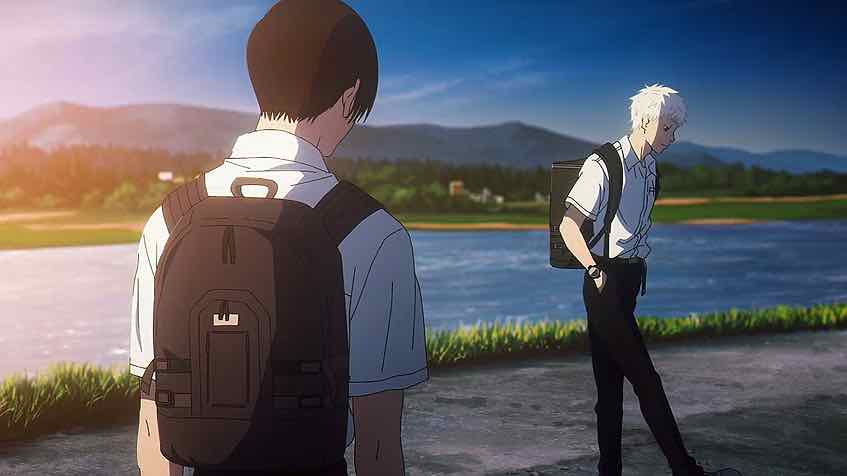
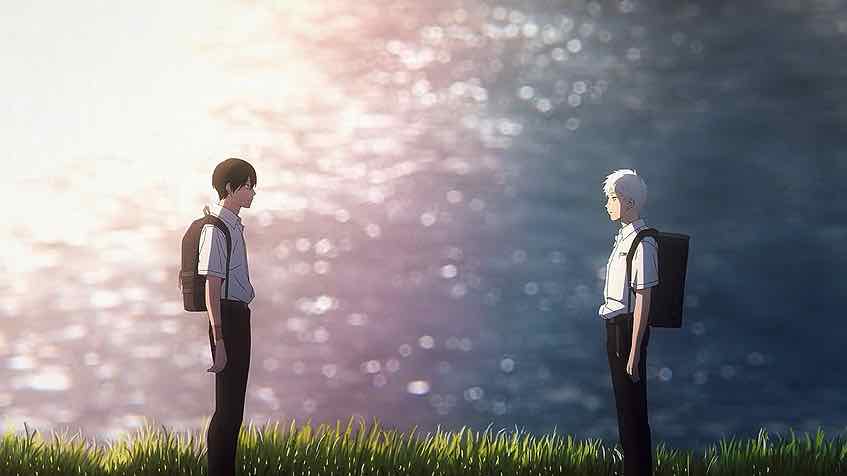
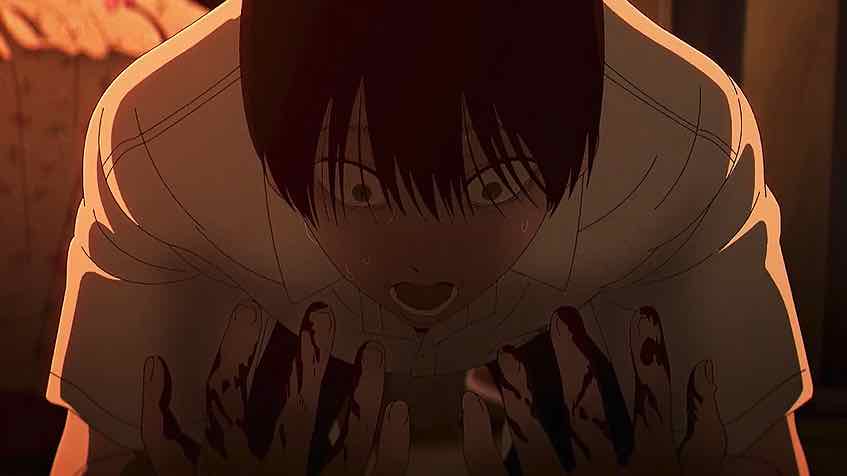
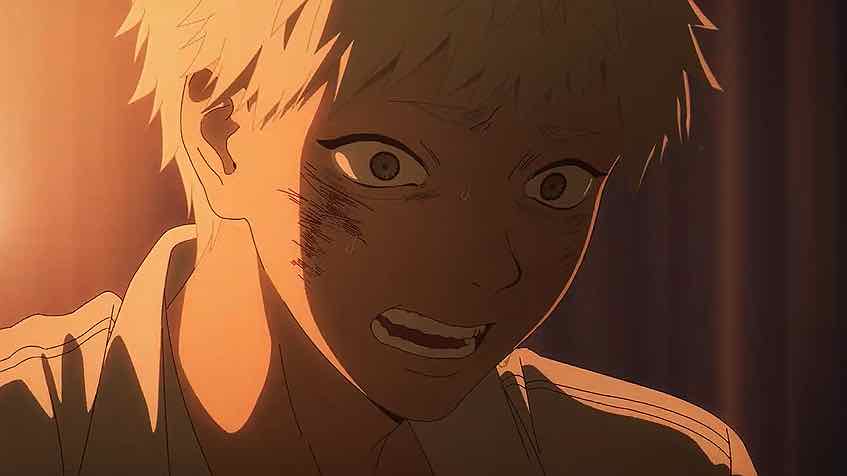
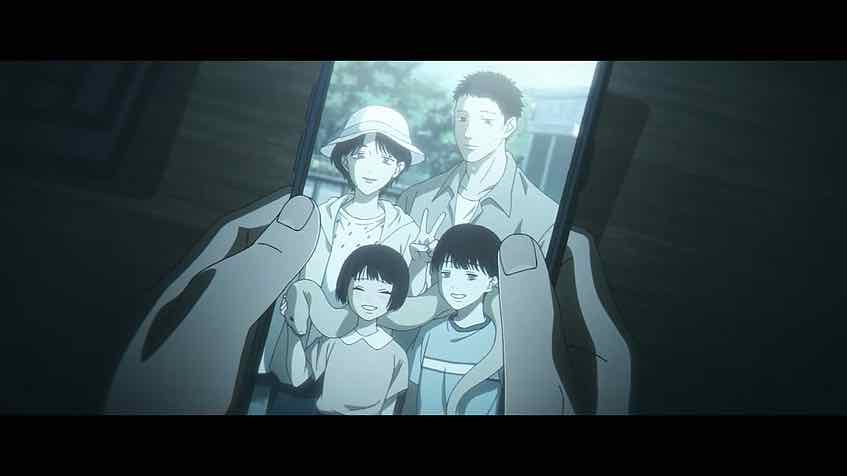
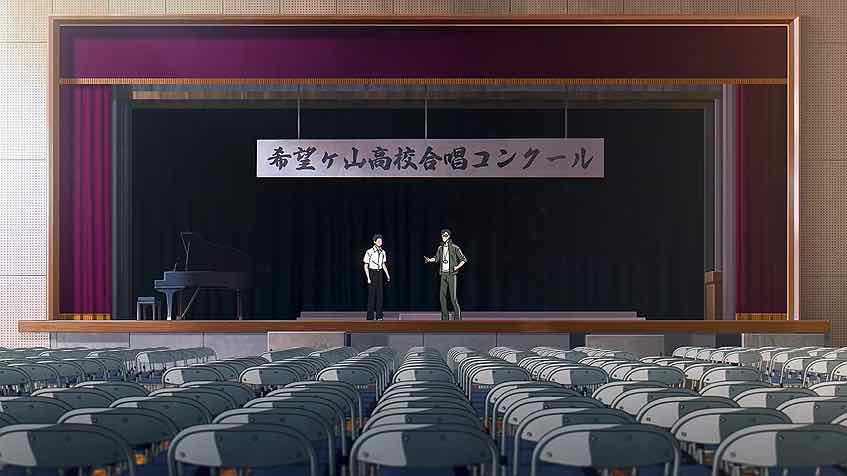
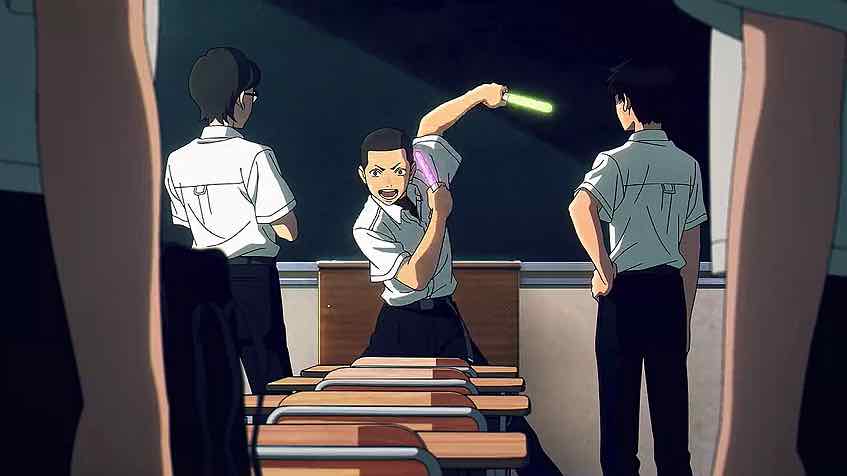
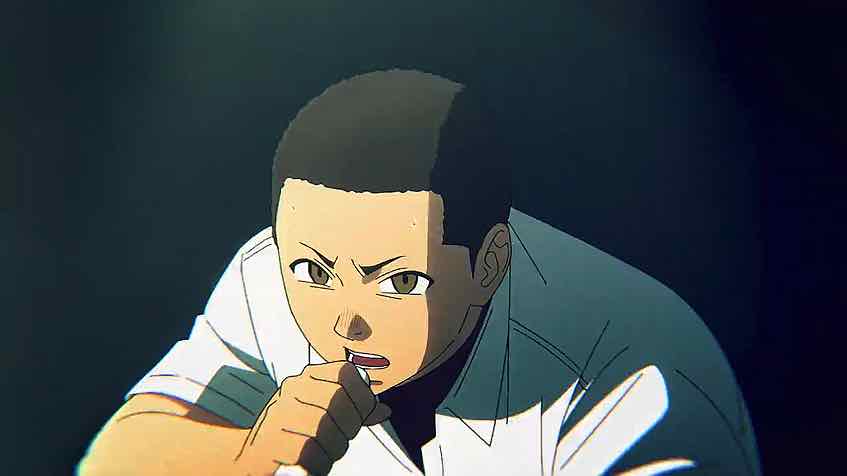
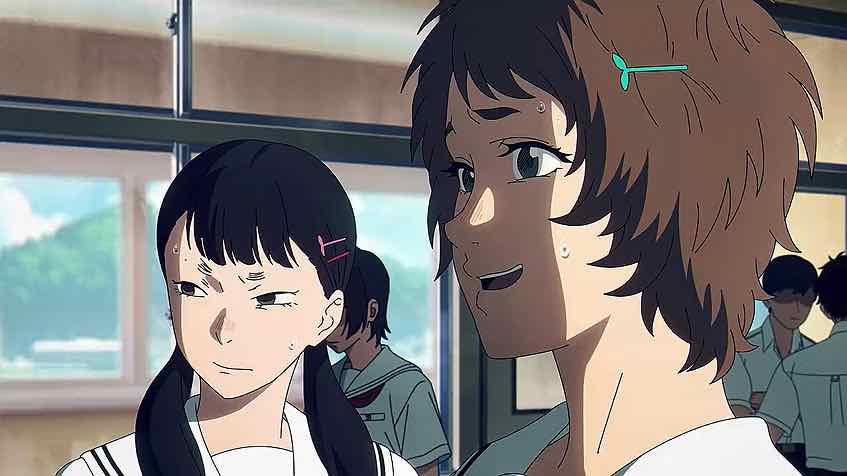
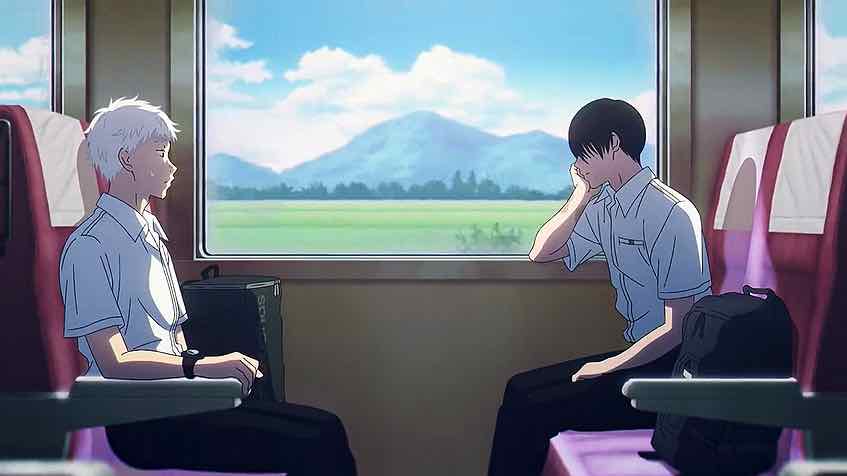
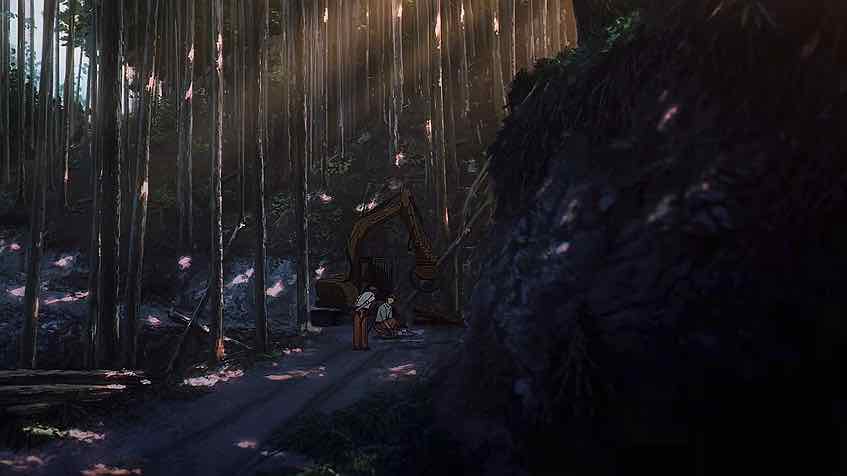
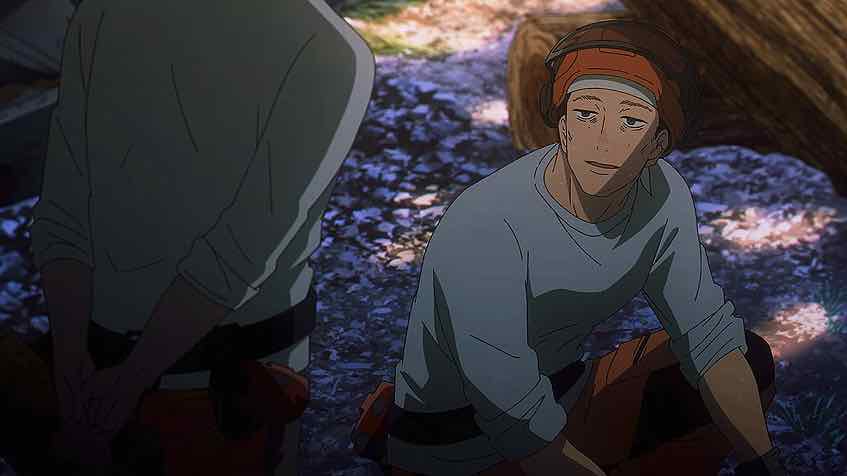
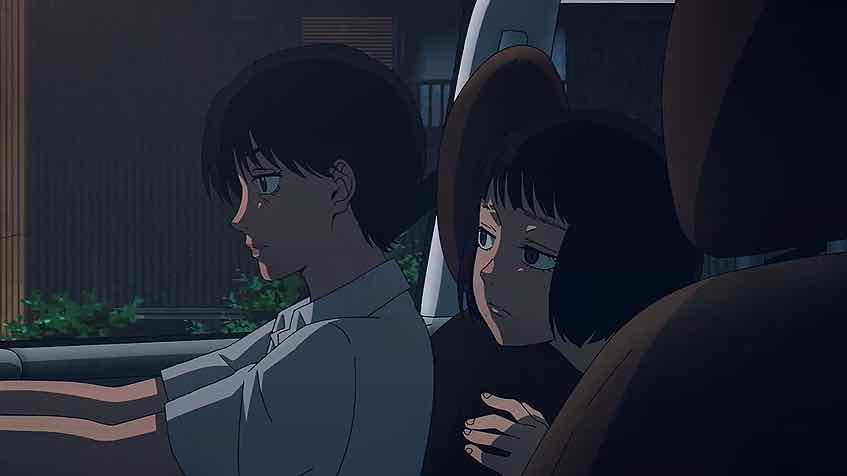
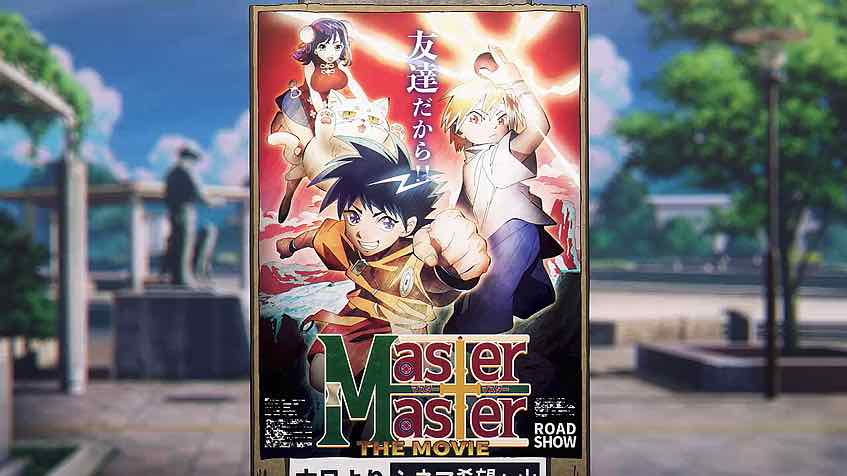
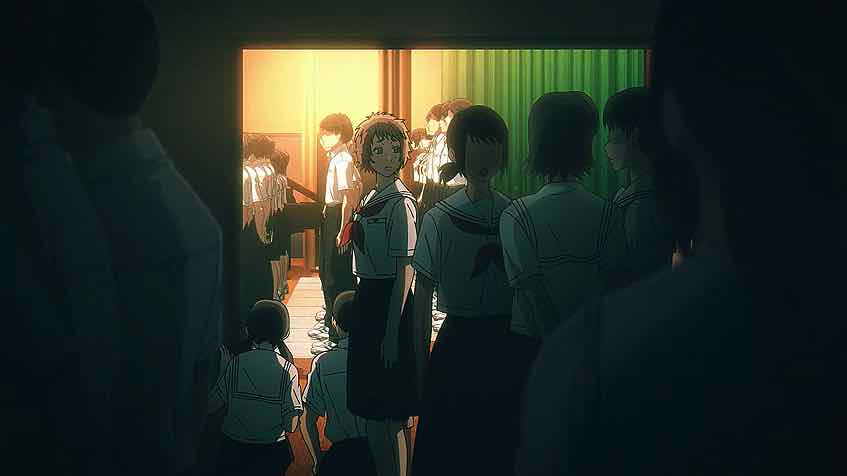
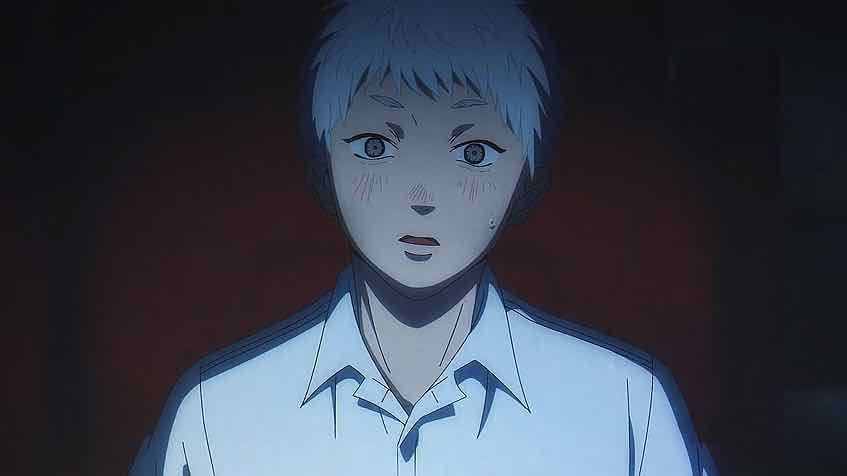
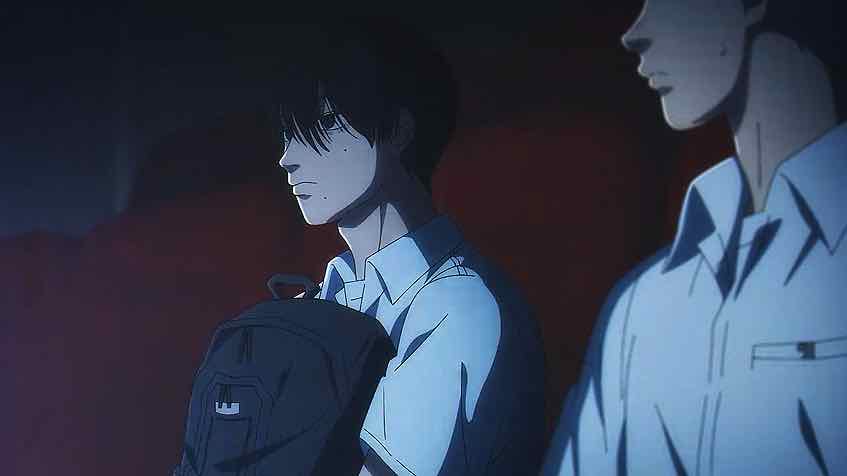
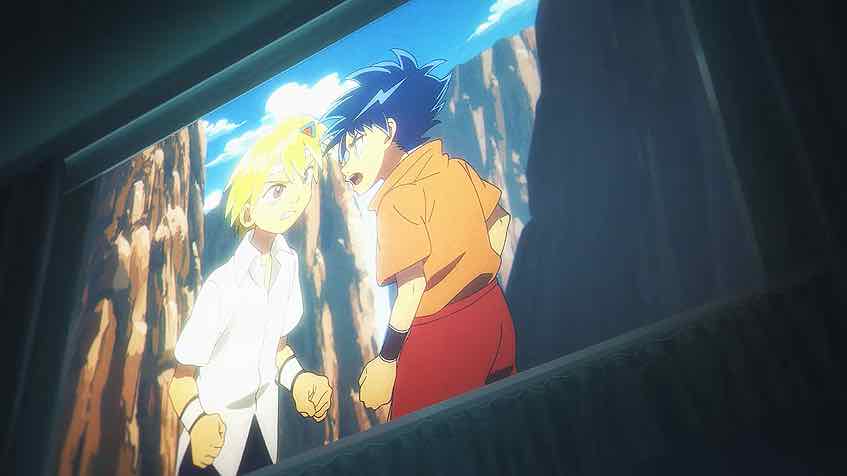
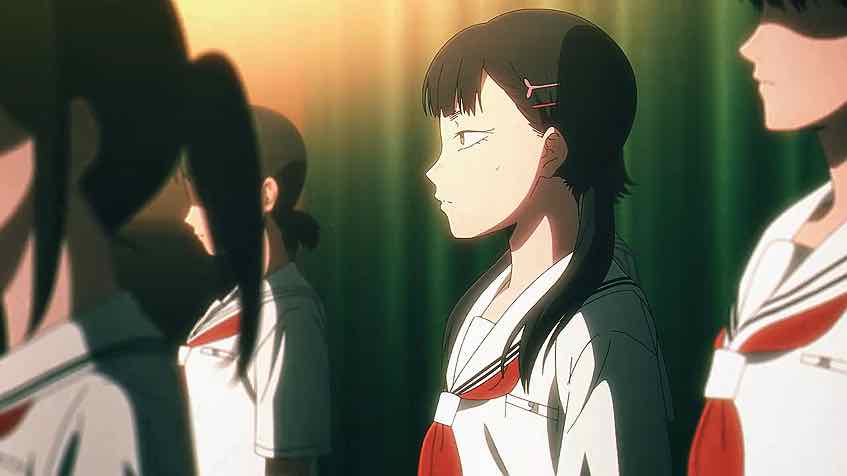
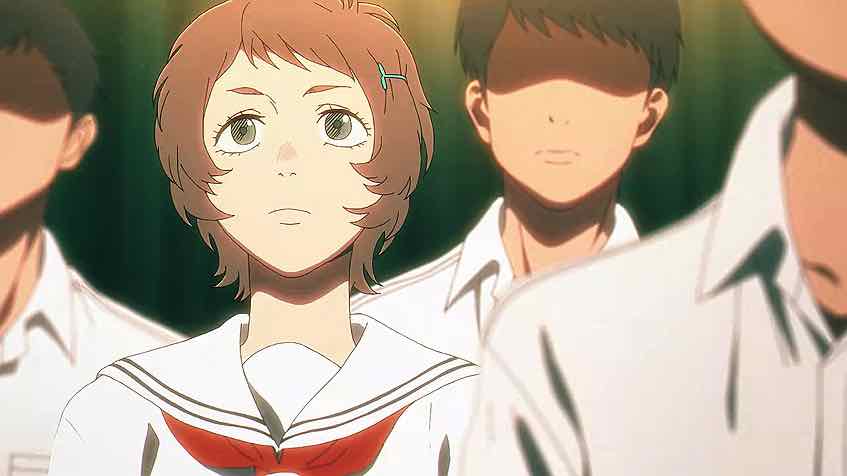
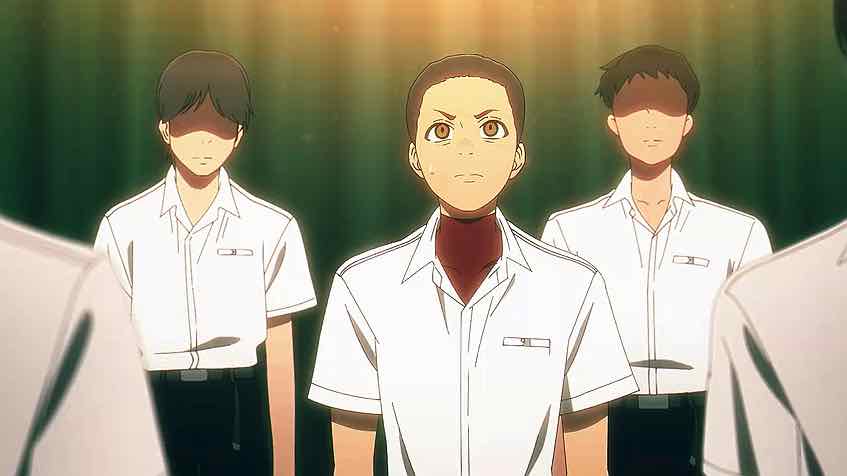
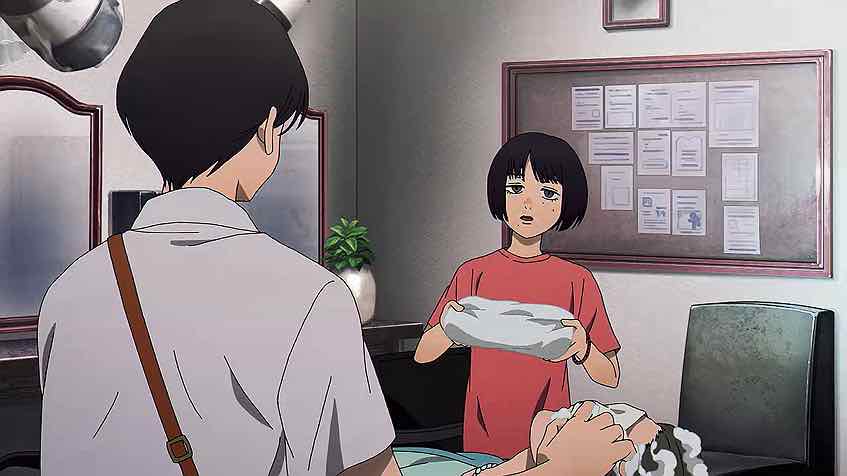
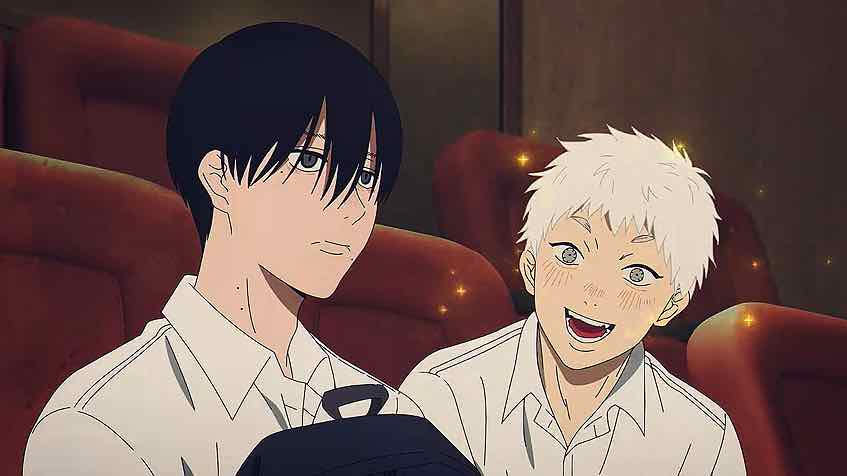
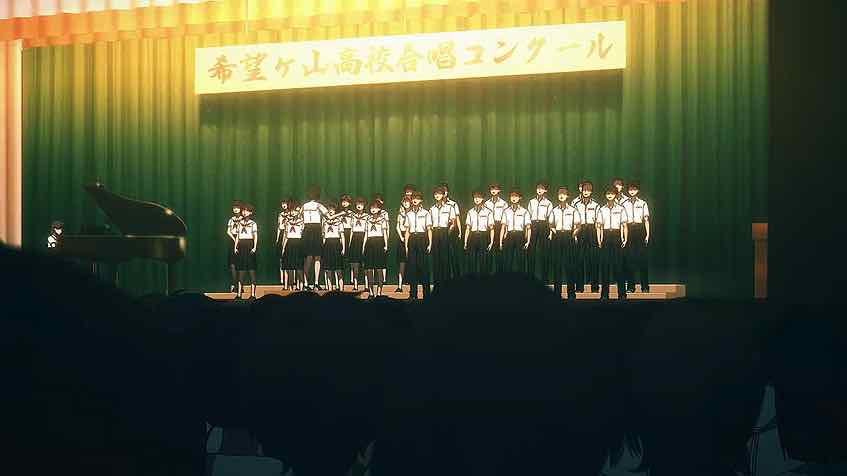
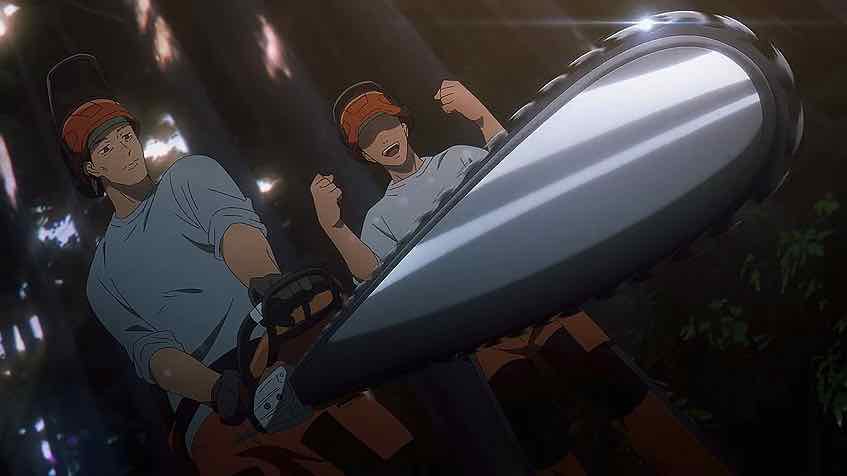
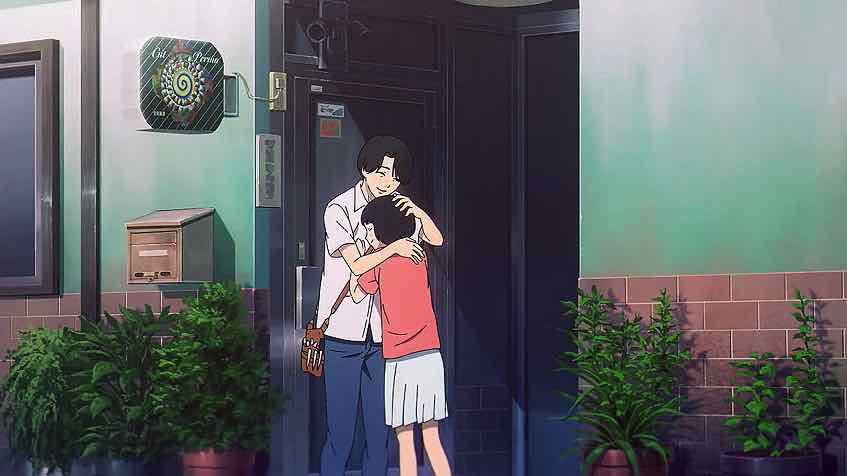
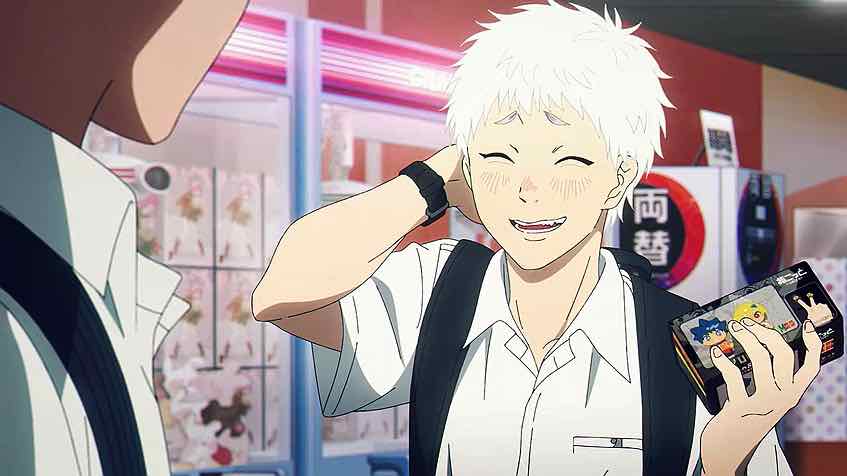
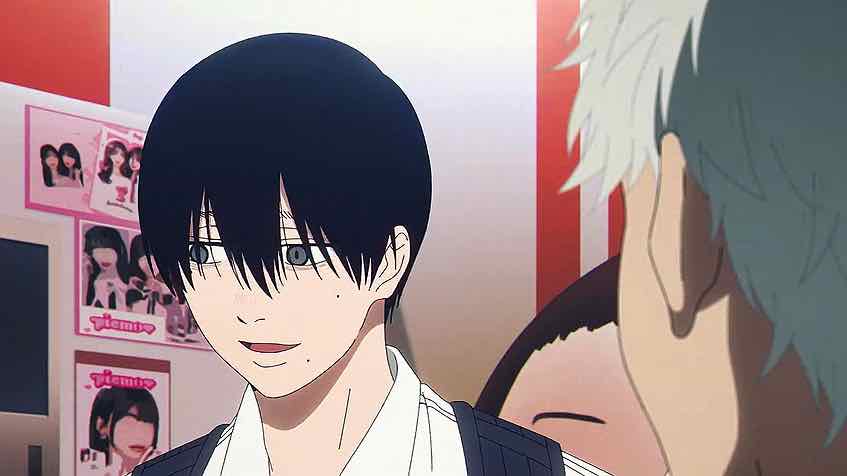
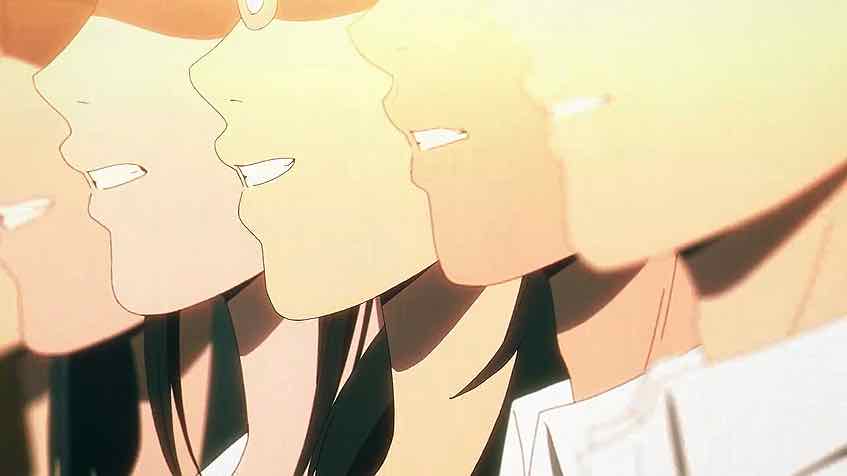
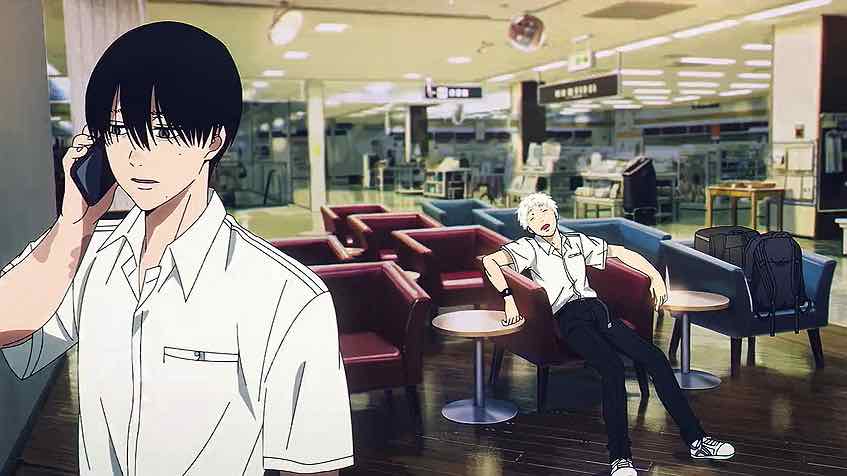
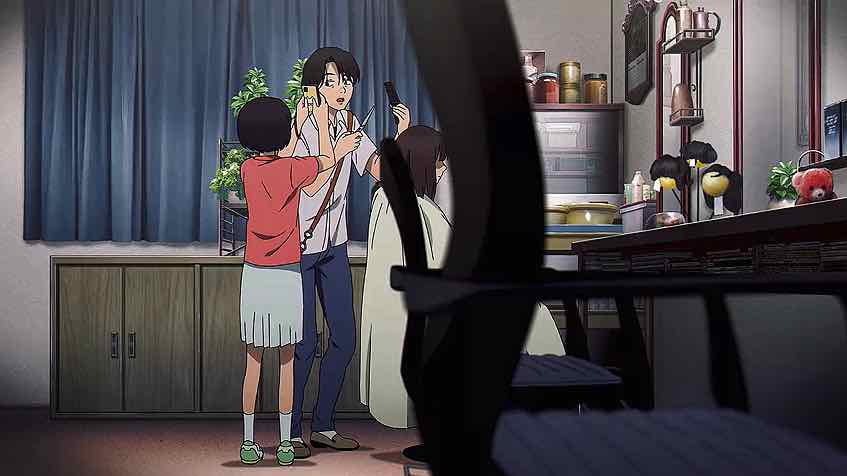
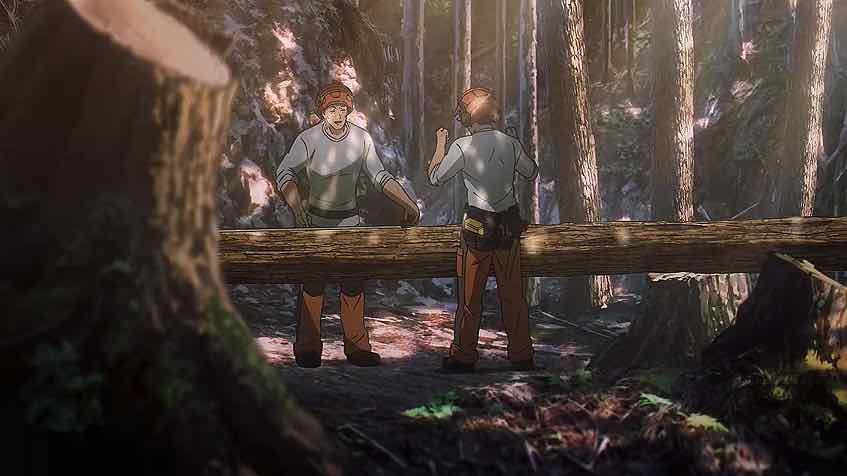
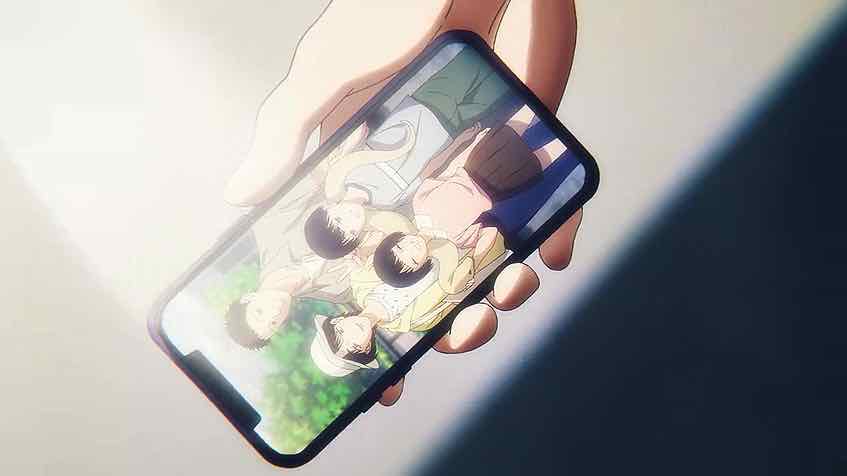
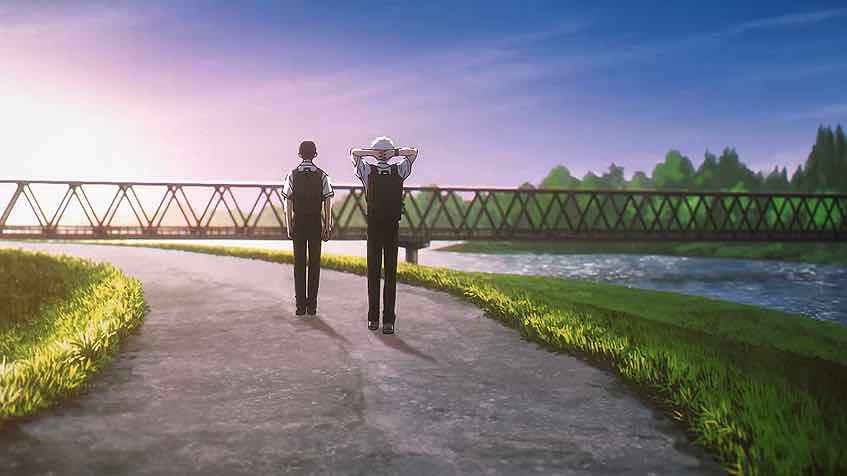
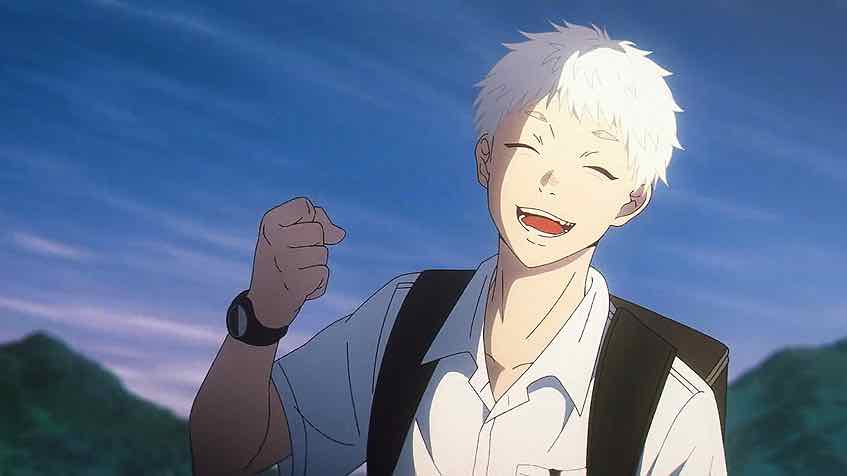
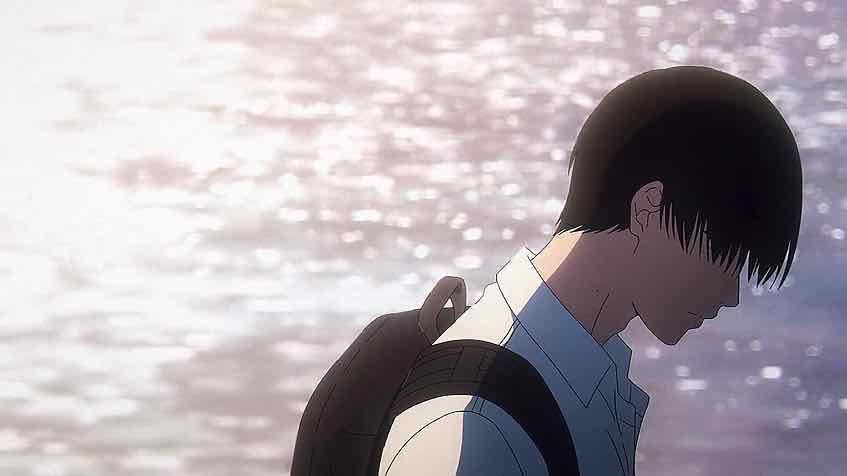
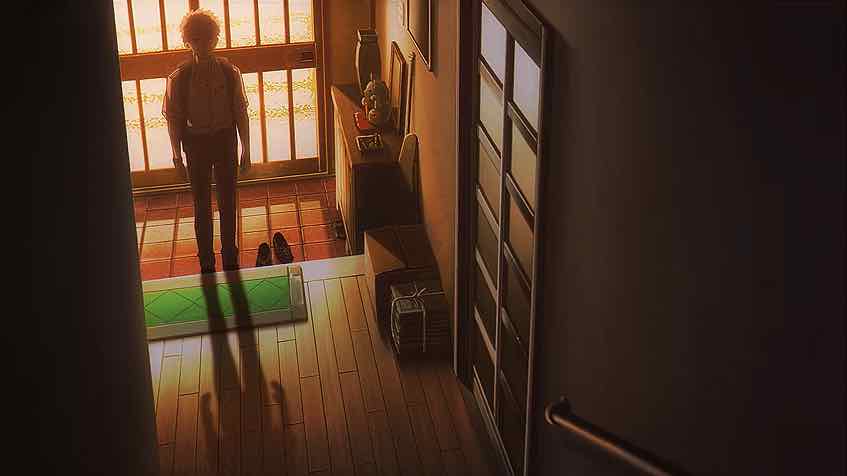
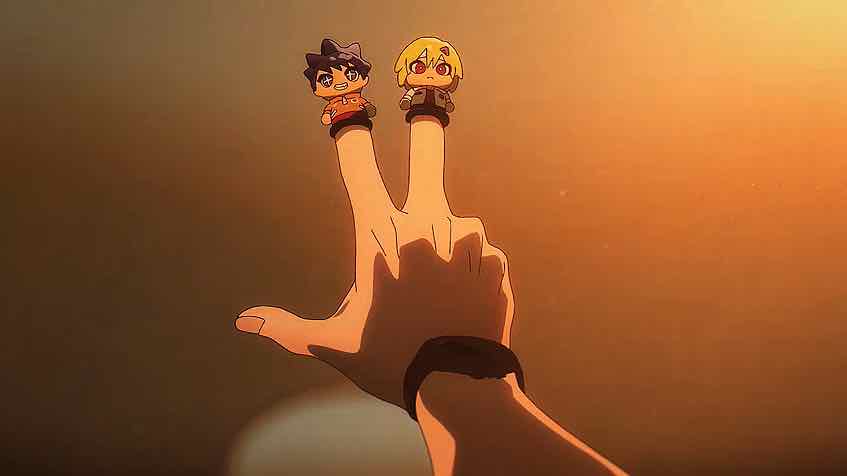
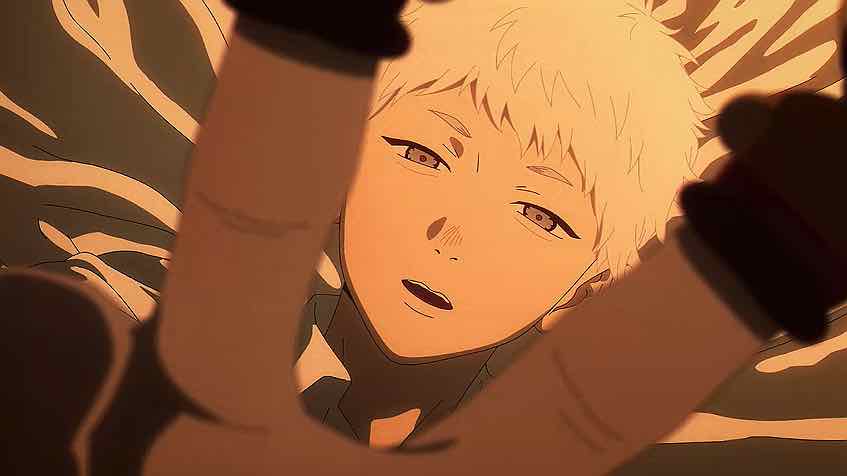
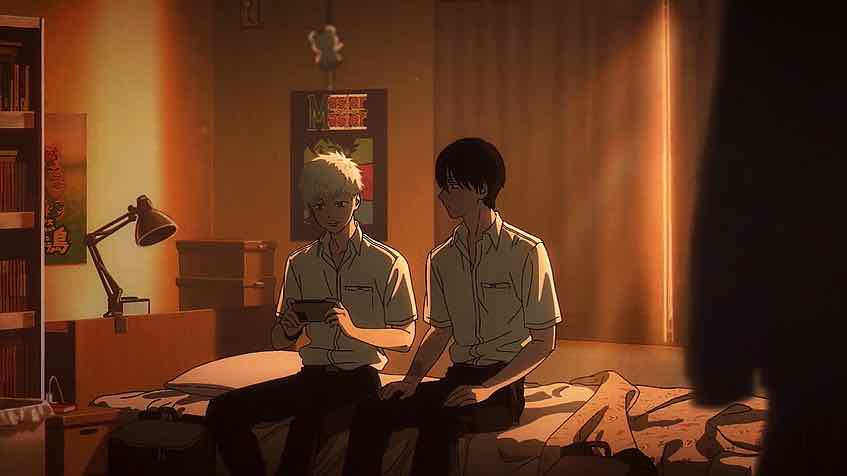
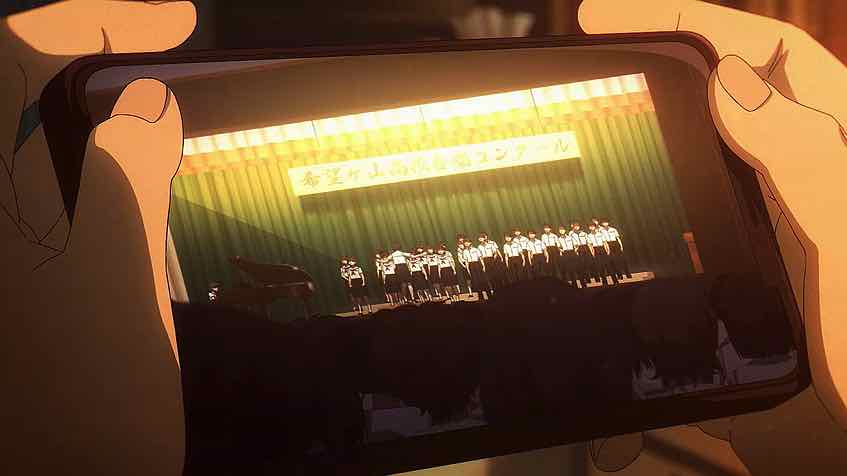
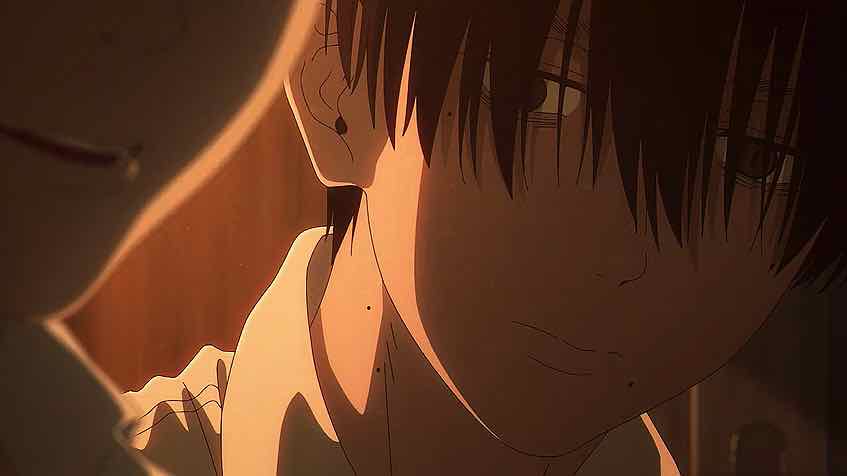
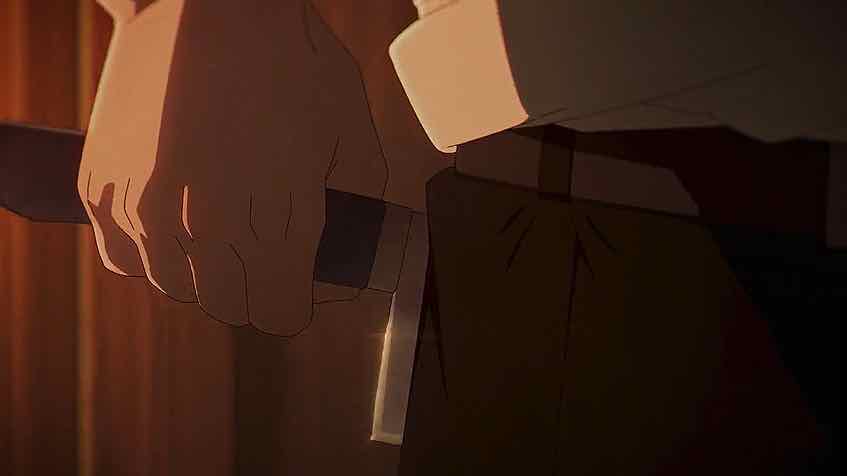
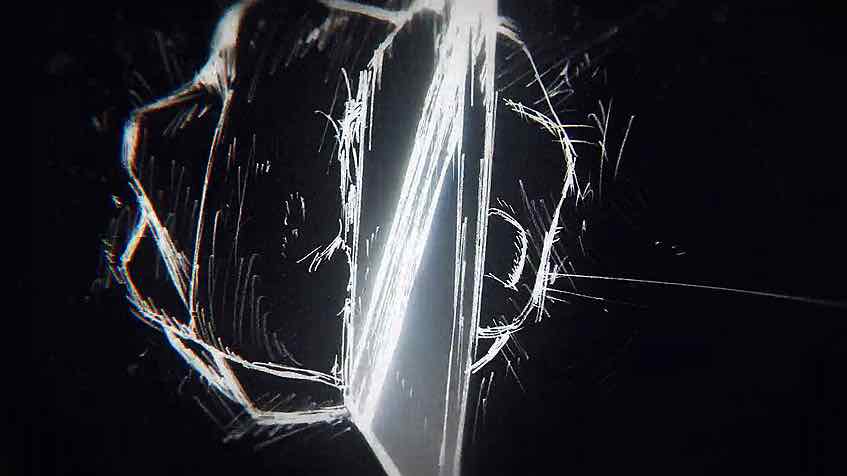
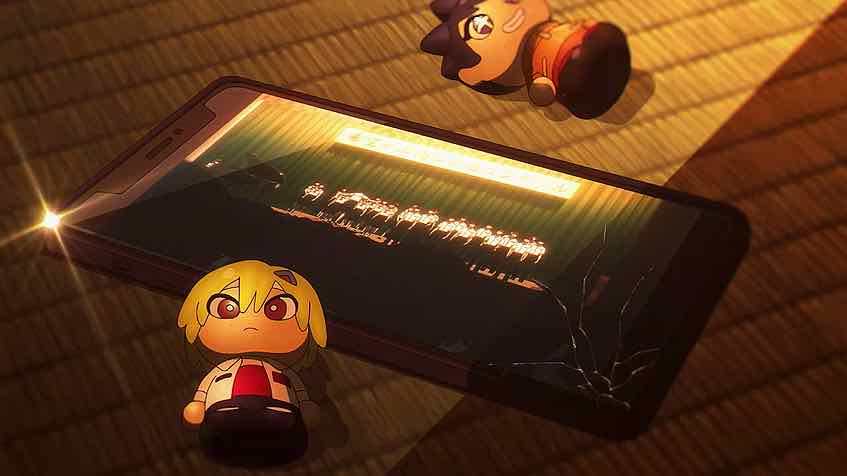
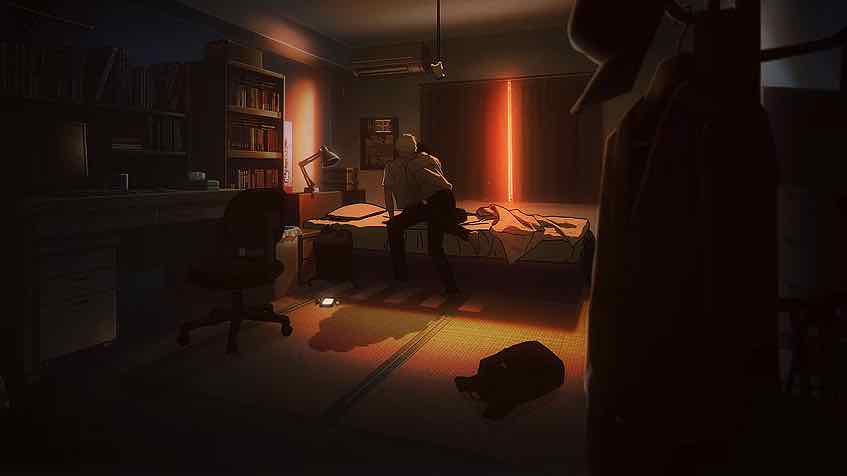
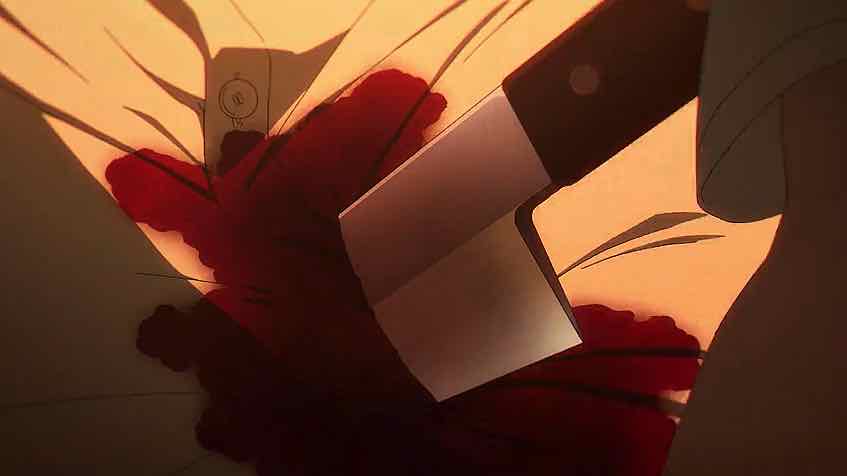
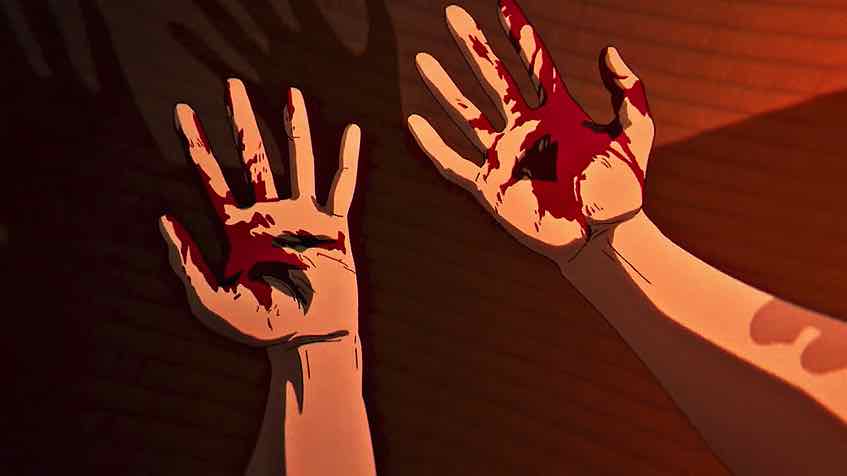
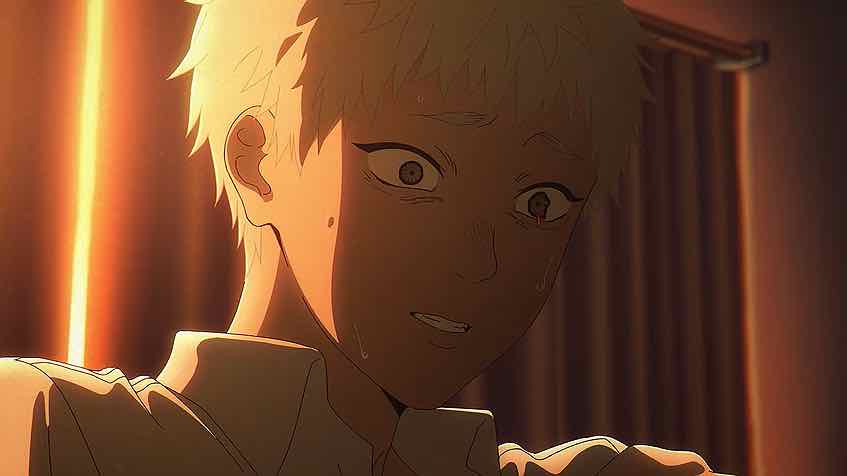
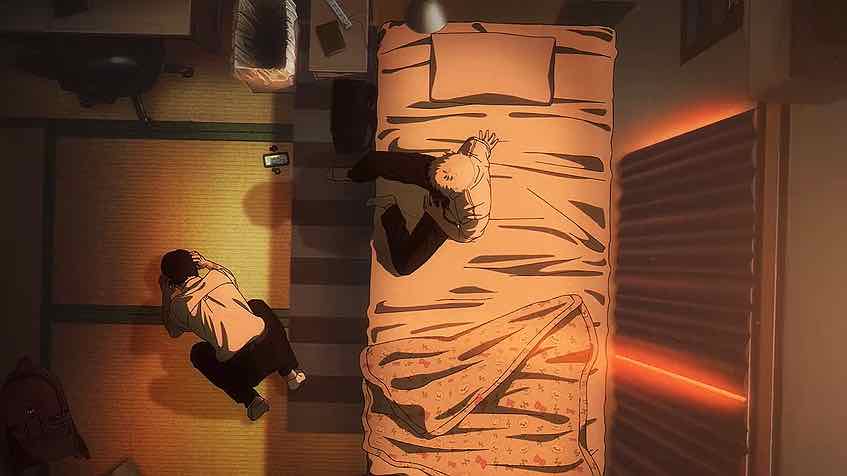
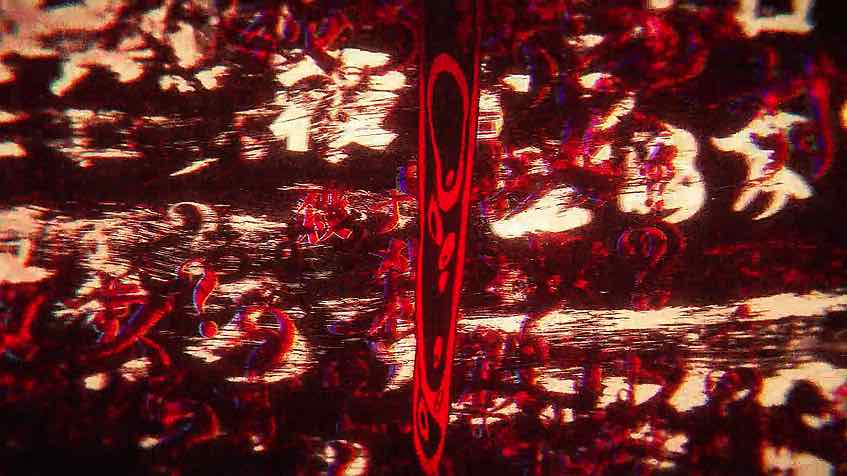
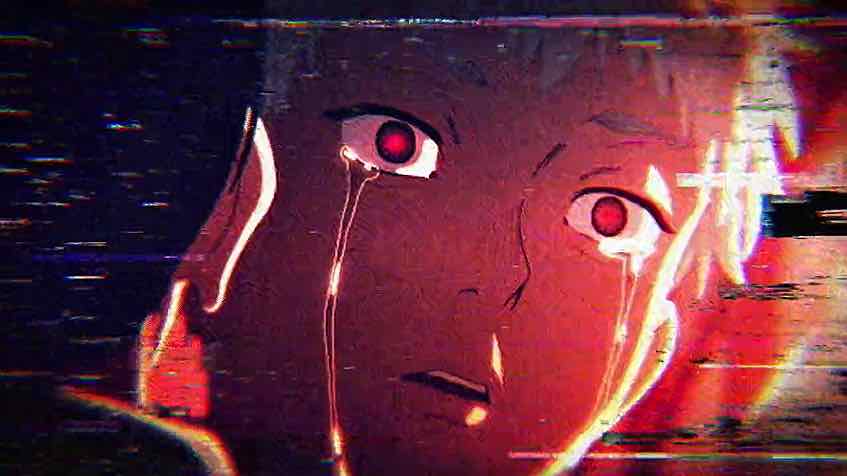
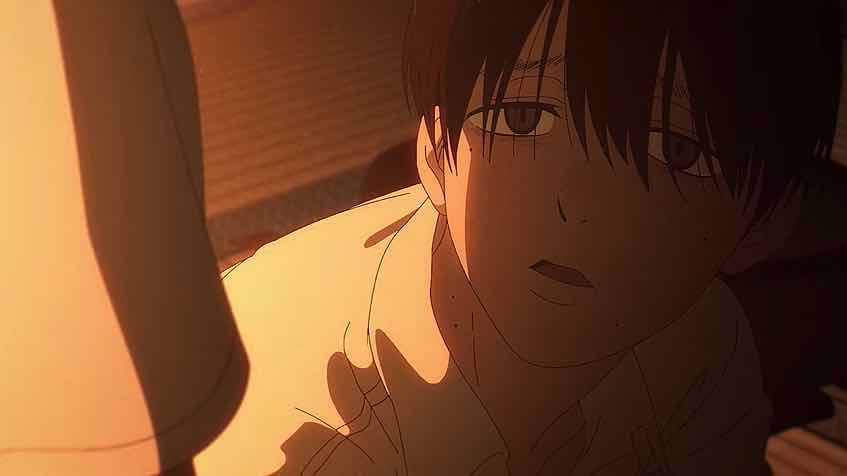
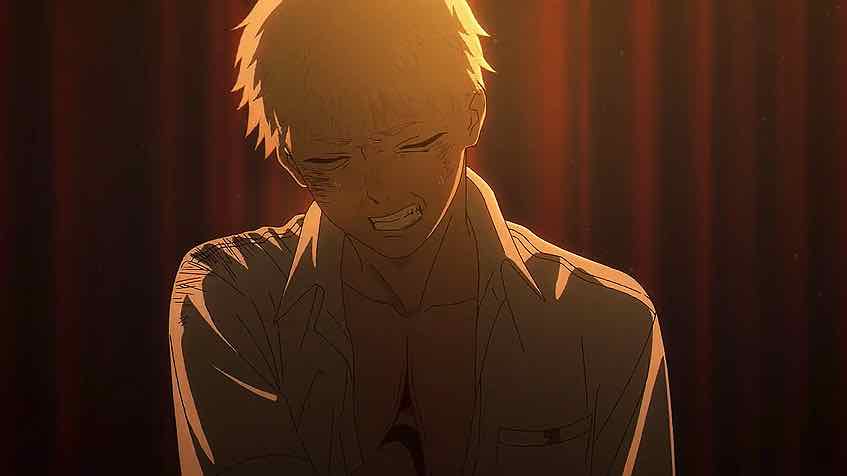
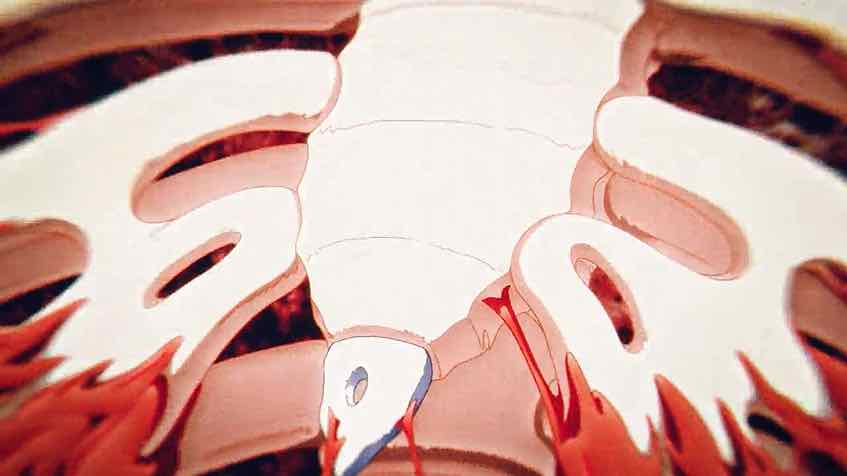
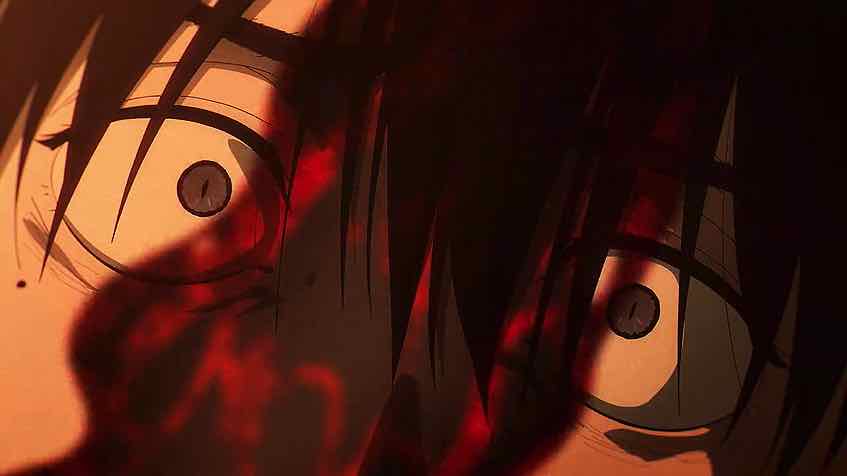
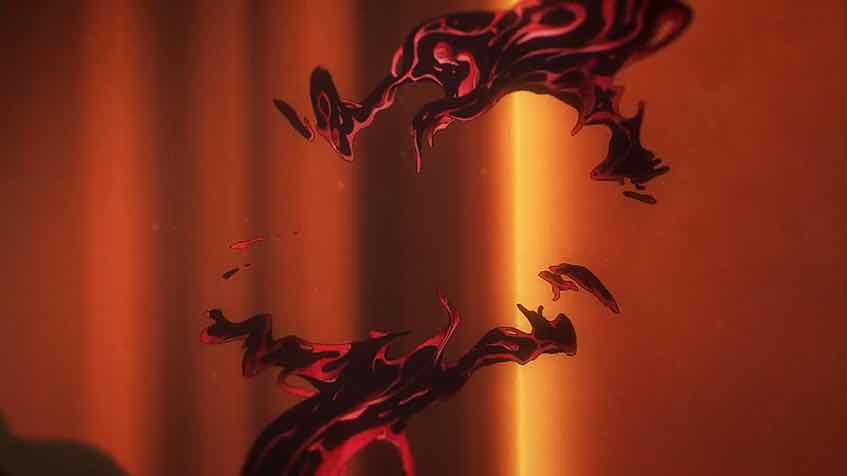
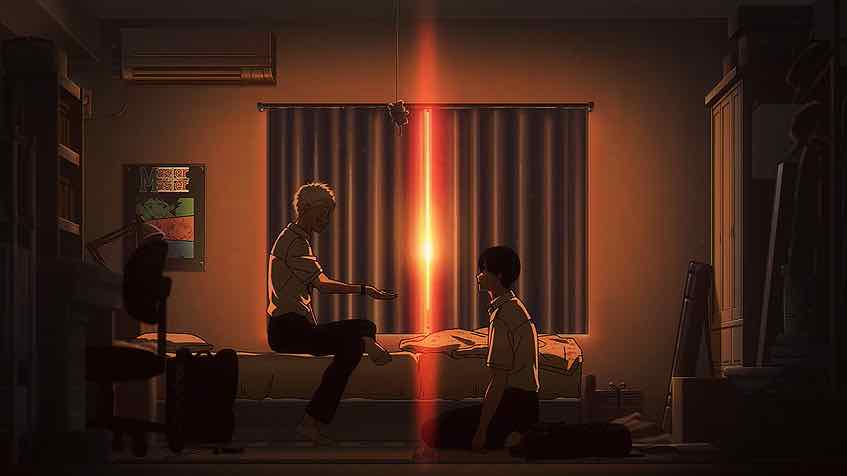
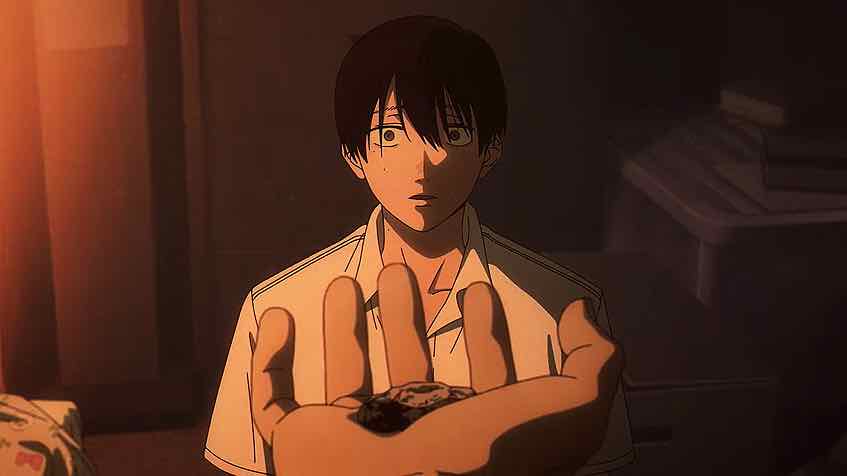
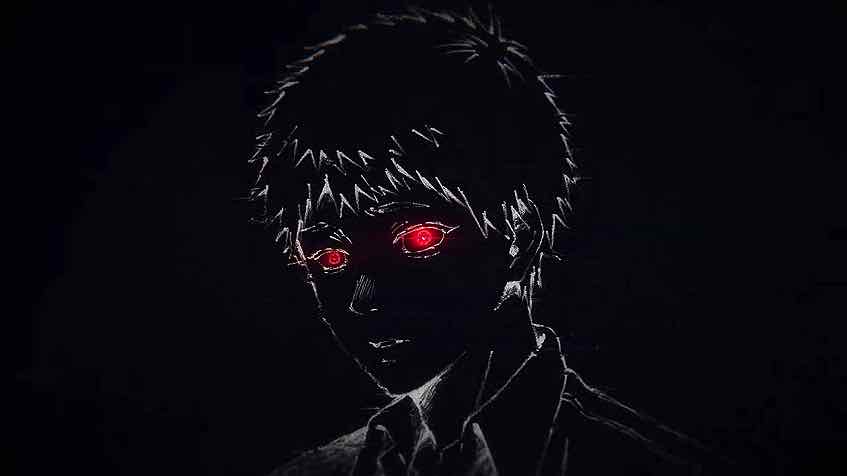
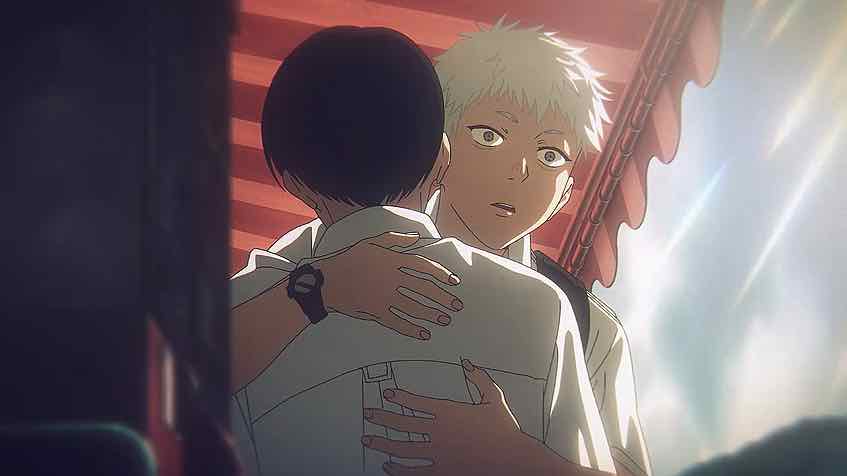
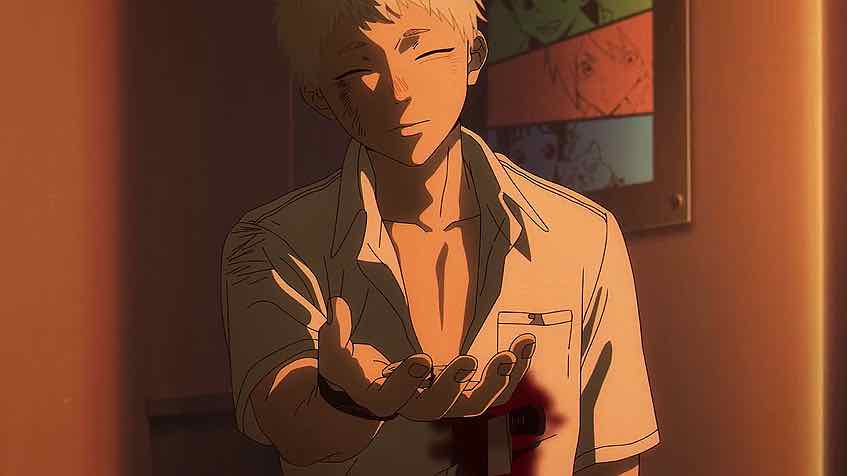
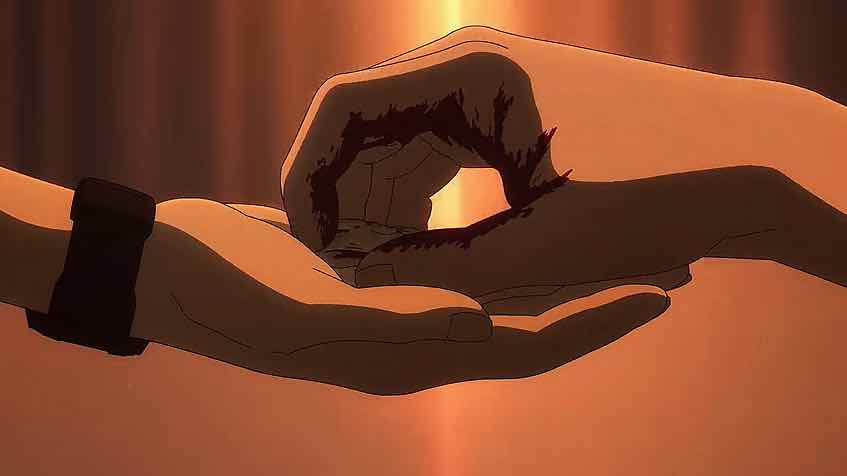
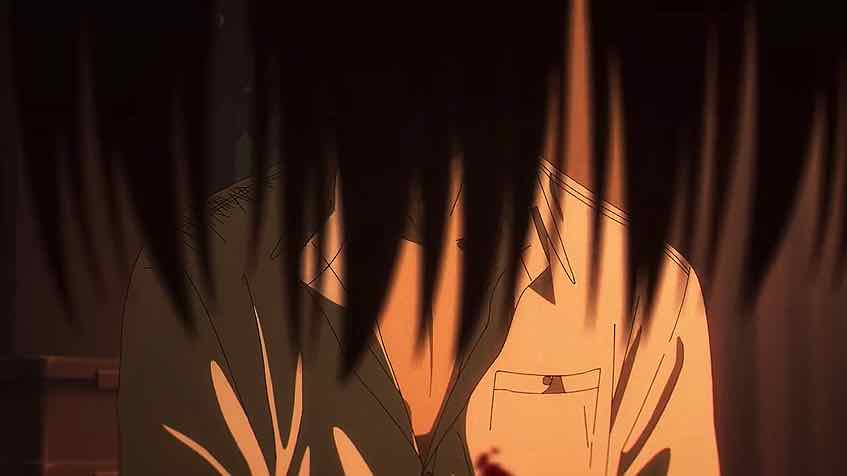
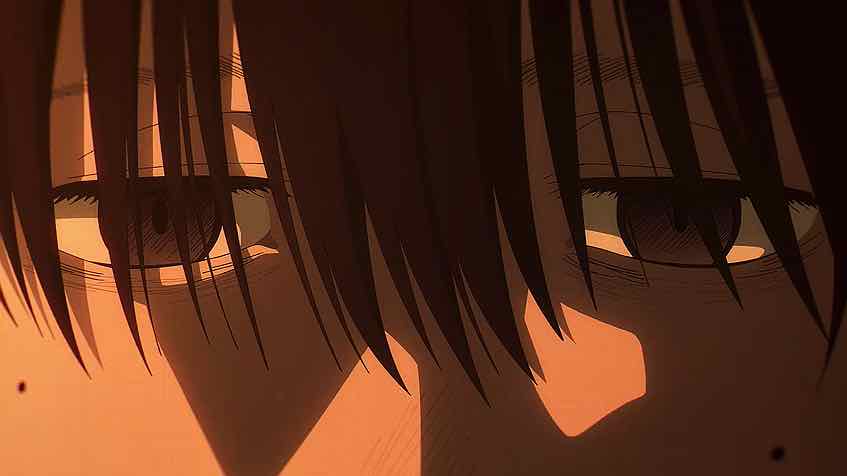
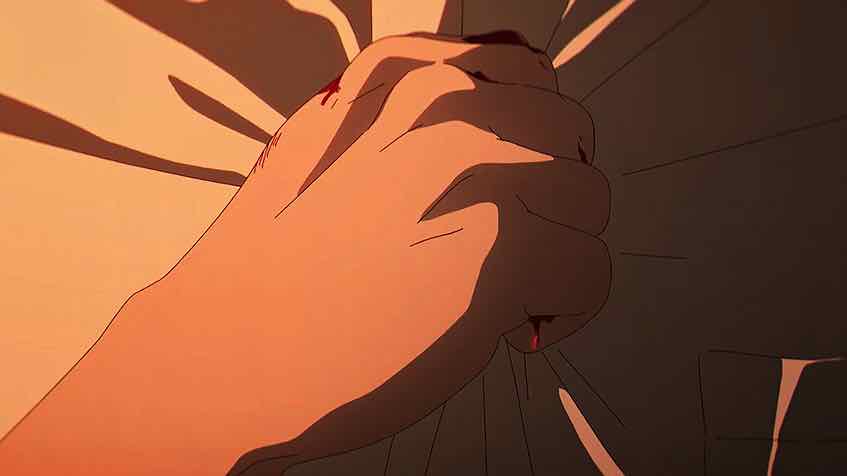
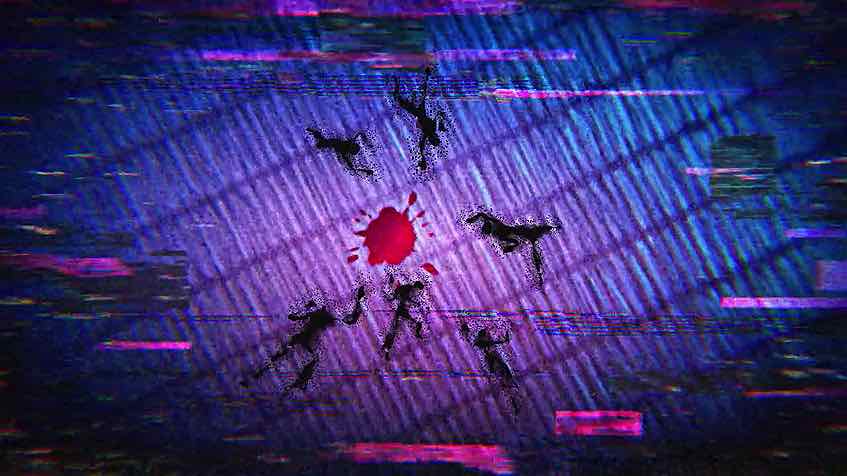
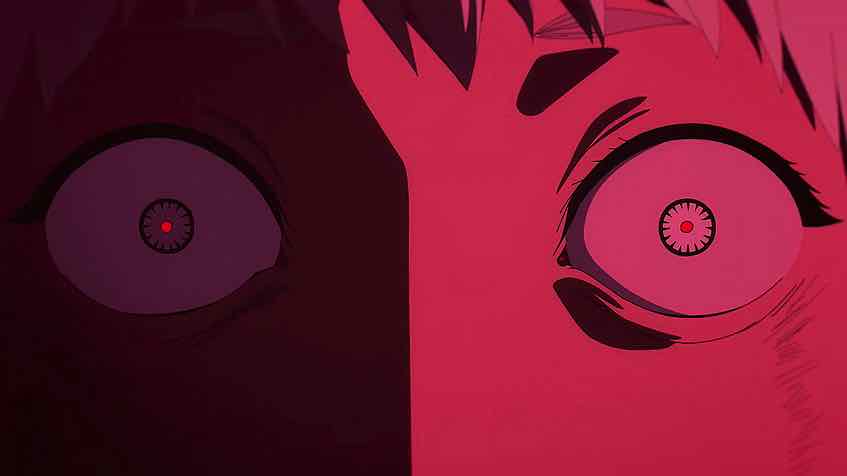
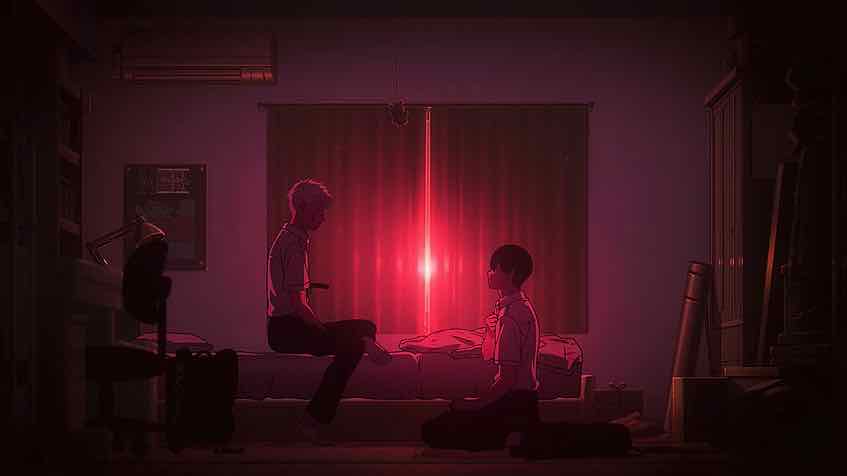
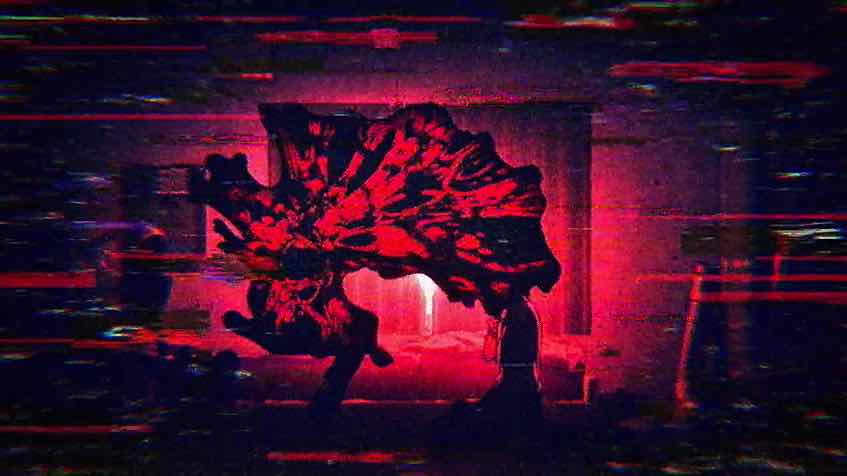
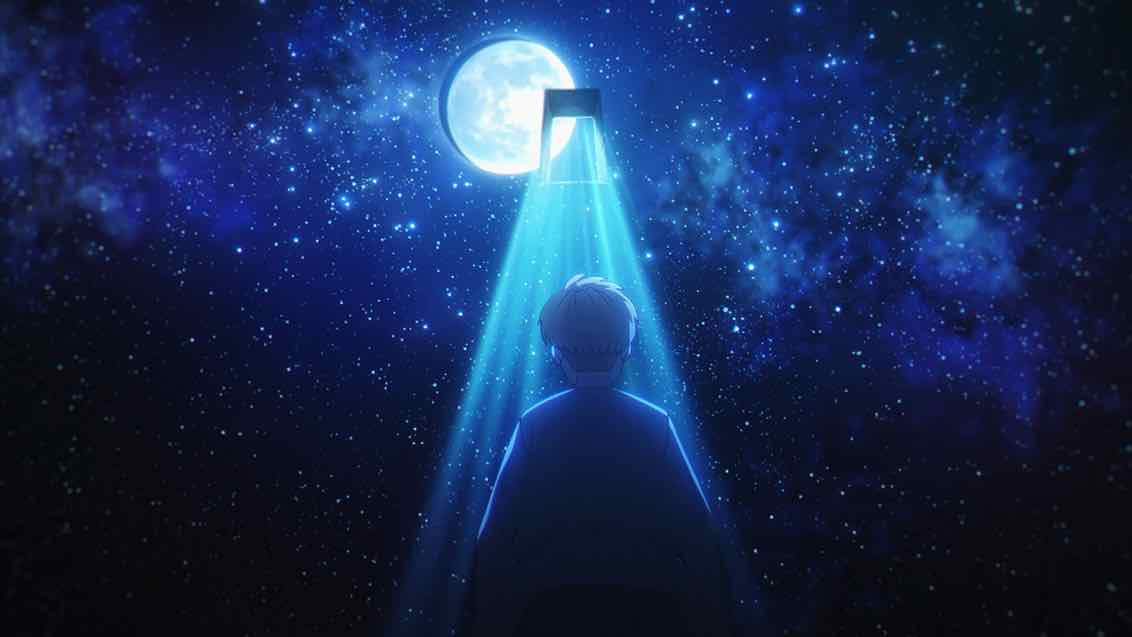
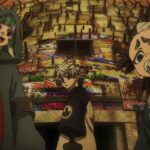
1 comment